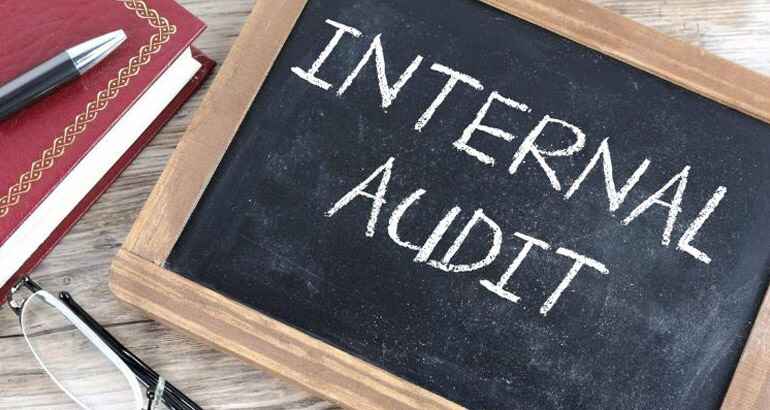Regular internal audits of a company help the business understand its internal operations, specific product/ project financials and help prevent financial fraud or mismanagement.(Read all the importance of internal audit) In this article, we’ll look at the Internal audit plan, its conduction and its various processes.
The Annual Internal Audit Plan
The annual internal audit plan is the list of audit engagements to be conducted in the coming financial year.
Each year, the Chief Audit Executive, with the help of their team interviews senior managers and key employees of the company, and the members of the audit committee which oversees the entire internal audit.
The objective of the interviews is to identify and target areas where the business faces risks.
After these interviews, the audit leadership team meets and analyses the results of their talks. Before they select which the identified risks to include in their annual audit plan as engagements, perform an internal assessment. It includes looking at data to gain more insight into some of the risk areas, conducting research to see how other organisations are managing the risk, and reaching out to colleagues to get their opinion about the dangers. The interviews and the audit team’s research are both critical when generating the enterprise-wide risk assessment.
Internal Audit Planning Checklist
Initial Audit Planning
An internal audit project begins with the team/ department, understanding why it is on the annual audit plan. The following questions require answers before analysing the department’s project financials:
- Why is the audit project approved to be on the internal audit plan?
- How does the process support the organisation to achieve its objectives?
- What risks does the internal audit focus on
- Was the project audited in the past, and if so, what were the results of the previous audits?
- Have there been significant changes in the operation from the last audit?
Risk and Processes
Performing all audit services based on the company’s internal information helps assess the operating effectiveness of the project. After leveraging internal and external resources to identify relevant risks, you will want to build an audit program to test for risks.
Document Request List
Requesting and obtaining documentation on how a project works is the next step to prepare for an audit. The following document is required before the audit planning to gain an understanding of the process, relevant applications, and critical reports:
- All policies and procedure documents
- Key accounts used to manage project effectiveness, efficiency, and success.
- Access to essential applications used in the project
- Description and of master data lists for the processes, including all attributes and data fields
Meeting with Business Investors
Before meeting with business investors, the internal audit team should hold a meeting to confirm the objectives of the department and the critical steps of the project.
Perform the following steps to prepare for a planning meeting with business investors:
- Outline key process steps by a narrative or flowchart, underlining information flows, and internal controls.
- Validate drafts and flowcharts with subject matter experts.
- Create a pre-planning questionnaire to facilitate a meeting with critical auditors
Finishing the steps above illustrates that the internal audit team is informed and prepared. After this, the team should meet with business stakeholders to confirm their understanding of the process.
Preparing The Internal Audit Plan
Once the internal audit confirms their understanding of the project and its risks, they are ready to create an audit program. An audit program should detail the following:
- Process Objectives
- Process Risks
- Controls Mitigating Process Risks
- Control Attributes
Audit Plan Review
Audit plans, especially those for projects that have never undergone an audit before, should have multiple levels of review and buy-in before being finalised before fieldwork begins. The following individuals must review and approve the initial audit program and internal audit planning procedures:
- Internal Audit Manager
- Chief Audit Executive
- Subject Matter Expert
Internal auditors who create and document audit programs from scratch are more capable of performing internal audits over areas that do not undergo regular audits.
When the internal audit team can spend more of their time and resources aligned to their organisation’s key objectives, their job satisfaction increases because of their exposure to exciting financial audit projects.
The Audit Committee and C-suite also become more engaged with the internal audit team’s work in strategic areas. Finally, the recommendations made by an internal audit team will have a more dramatic impact to enable positive change in their organisations.
Conduct your company’s internal audits with 100% privacy and security with Jaxa Chartered Accountants. The best choice for all your auditing, accounting or any other financial requirement for your company in the UAE. If you want to know more about the various services provided by JAXA, feel free to Contact Us. We will be happy to help.





